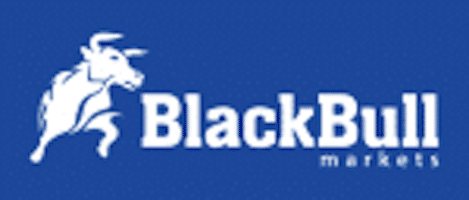Forex Brokers
Find the best offers from top brokers!
Looking for a reputable forex broker to handle the execution of your orders? Seek no further. We have compiled a list of the most competitive offers available in the retail forex industry today.
Choosing a Broker: A Checklist
Choosing the right broker is the most important decision made by a forex trader. The task is not that hard, since you can assess the competence of a firm fairly well on the basis of a few, easily understood criteria. But do make sure that you ask the questions before opening your account: discovering some unpleasant facts when it is too late may end your trading career prematurely, and may even cause some serious harm to your self-esteem.
Is it regulated?
This question is the first one that you must ask, and whether you proceed further down the list depends on the nature of the answer that is received. In today’s highly competitive environment in forex trading there is no reason that justifies opening an account with an unregulated broker. If a firm is competent and reliable enough, the great benefits of a regulated status are so great that the only reason for not obtaining it would be some unwholesome reality about the true nature and intentions of the broker. At least we have the right, as traders and clients, to have such suspicions.
Sometimes highly competent newcomers have their regulatory status pending at the time of launch, but even then, it is better to wait for the result of that process if you prefer such a firm strongly, for whatever reason.
How big is the spread?
One cannot overemphasize the importance of the spread if you are, or intend to be a short term trader with frequent opening and closing of positions. If you wish to trade as a scalper, the size of the spread is a life and death issue. So make sure that the spread is as low as possible, at least in the most liquid pairs such as the EURUSD, EURJPY, or USDJPY. The best offers in the market nowadays range between 1 and 3, and there is no reason to settle for anything less.
If you are long-term oriented trader, then the spread is a much smaller concern.
What are the initial deposit requirement, the minimum leverage ratio and the lot size?
Of these three, the latter two are the most important. The size of the initial deposit only matters if you do not have enough risk capital to satisfy the deposit requirements of all broker which right now range between 50-500 dollars, with some extraordinary offers that facilitate trading with as little as $1.
But your main concern should be to ensure low leverage at the beginning. Leverage can be a double-edged sword for skilled traders, but for beginners it is just a suicidal weapon. Keep it as low as possible, and remember that higher leverage means higher risk. In the U.S. the maximum leverage is 50:1 for majors and 20:1 for minors.
Test the trading platform
The stability and reliability of the platform, accuracy of order execution, are as important as the previously discussed criteria. Make sure that the software is as good as it is said to be in these respects, and only consider opening an account if you’re completely satisfied, since there are so many brokers out there if you are unhappy with one. Open a demo account, examine the system, and then go on with your testing with a mini account. Demo accounts are marketing tools, so they can’t be used to gain a decisive opinion on how good a broker is.
Other aspects, such as the number of pairs available or customer support should not weigh as heavily in your assessment of a broker’s capabilities. However, be sure to check the forum of the firm, if it is available, to see how software issues are resolved (or not) by the technical support staff.


